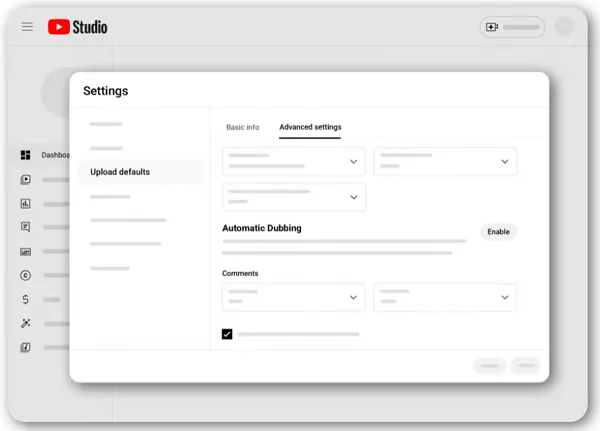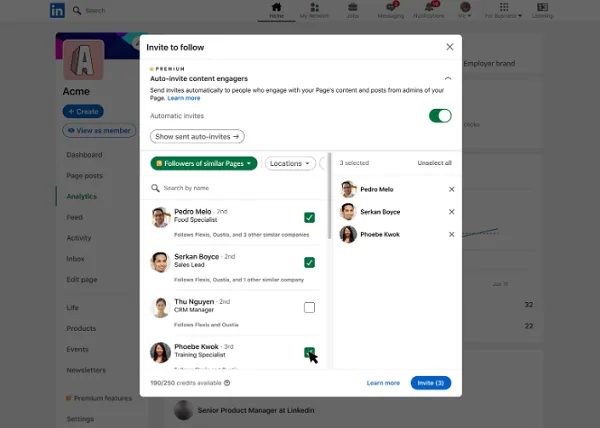10 Polite yet clear ways to say no to extra work requests
Struggling to decline extra tasks at work? Discover 10 polite yet professional ways to say no without damaging relationships or credibility.


“No” is a powerful word—but saying it at work, especially when a manager or colleague asks for “just a little extra help,” can feel like a career gamble. You don’t want to appear lazy, uncooperative, or incapable. But at the same time, you’re already swamped, running on caffeine and tight deadlines. You might even be quietly wondering: Why do I always say yes when I know I can’t handle more?
The truth is, constantly saying yes to extra work can lead to burnout, frustration, and a slow erosion of your productivity and peace of mind. Boundaries aren’t about being rigid—they’re about protecting your time, energy, and mental health so you can give your best when it truly matters. The key? Saying no without sounding rude or dismissive.
Politeness doesn’t mean passiveness. It’s entirely possible to turn down extra responsibilities with tact and grace. When done right, saying no can earn you respect and reinforce your professionalism.
Below are ten tactful, professional, and polite ways to say “no” to extra work—whether it’s a surprise task from your boss, a last-minute team favour, or an ongoing ask that’s stretching you too thin.
10 Smart ways to turn down extra tasks politely
1. “I’d love to help, but I’m currently at capacity.”
It acknowledges the request with kindness while clearly stating your limits. Using "at capacity" sounds professional and non-negotiable without being harsh.
2. “Can we revisit this once my current projects are wrapped up?”
You’re not outright rejecting the task—you’re offering to consider it later. This shows you're open but also prioritising your existing commitments.
3. “To give this the attention it deserves, I’d need to shift other priorities. Can we discuss that?”
This response opens a dialogue. It shows you care about quality but gently reminds others that you can’t do everything at once.
4. “I’m flattered you thought of me, but I won’t be able to take this on right now.”
Compliments go a long way. You're acknowledging the trust they have in you while still maintaining your boundary.
5. “That sounds like a great project. Would you like me to suggest someone who might have the bandwidth?”
You’re not just saying no—you’re being helpful by offering a potential solution, which softens the decline.
6. “I’d need more time to complete this properly—can we extend the deadline or reassign it?”
This shifts the focus to feasibility. If they truly need the work done well, they may rethink assigning it to someone already overwhelmed.
7. “I want to do a good job, and with my current workload, I can’t give this the attention it needs.”
You’re emphasising quality over quantity, which managers often value. This frames your “no” as being in the company’s best interest.
8. “Let me check my schedule and get back to you.”
It buys you time and avoids impulsive yeses. After reviewing your calendar, you can respond with a confident no, backed by facts.
9. “At this point, adding more to my plate would affect the quality of my other work.”
It positions your refusal around overall performance, not unwillingness. Most teams understand the need to maintain standards.
10. “I’m trying to be mindful of my workload so I can avoid burnout and stay productive.”
This is an honest and proactive approach. It shows self-awareness and may even inspire a healthier culture of boundaries.
Final thoughts
Saying “no” doesn’t make you difficult—it makes you responsible. It communicates that your time and mental health matter, and it helps create a work environment where people are respected, not overloaded.
The next time someone slides an “urgent” extra task your way, don’t rush to say yes out of guilt or fear. Take a breath. Assess your bandwidth. And choose the words that reflect your professionalism and your limits.
Remember: you don’t have to do everything to be seen as valuable. Knowing when to say no is often what makes you most valuable of all.




































































































































































































![How to Find Low-Competition Keywords with Semrush [Super Easy]](https://static.semrush.com/blog/uploads/media/73/62/7362f16fb9e460b6d58ccc09b4a048b6/how-to-find-low-competition-keywords-sm.png)
